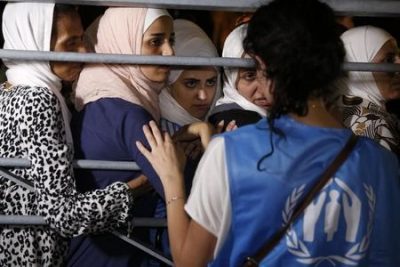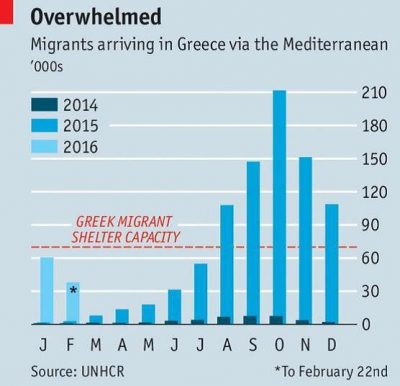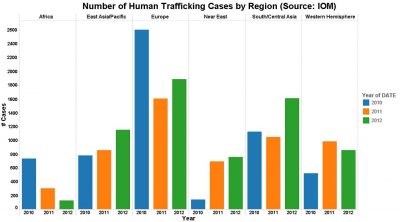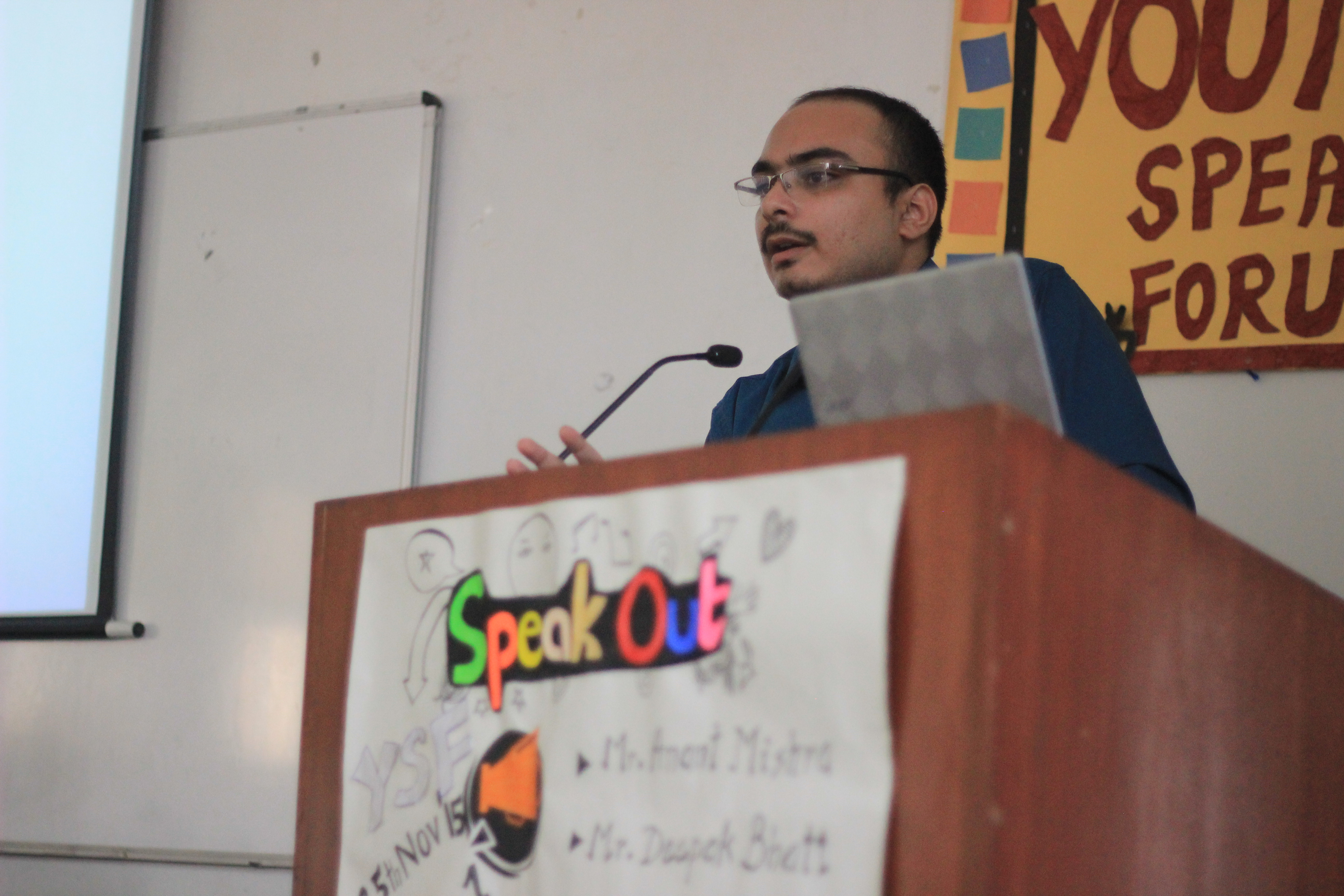REUTERS/Alkis Konstantinidis
By
Anant Mishra
Introduction
The Office of the United Nations High Commissioner for Refugees’ (UNHCR) principle task is to provide protection to refugees and other populations of concern, especially the stateless people, who are greatly affected during conflict, assisting other UN agencies by providing viable solutions to the issue also.
Their protection includes ‘defilement’ (involuntary return of a refugee or a person of concern to a country where he or she may have a well-founded fear of persecution) and ensures that international communities allow treatment of these refugees as per the international law and further ensures cooperation from the host countries. UNHCR further helps refugees who wish to go home once the conflict in their home state is over and help them in reintegrating back into their home communities. In situations which require UNHCR to seek solutions, it engages in extensive dialogue with host countries. Emergency medical aid and other assistance is provided through governmental, inter-governmental and non-governmental agencies, essential necessities such as shelter, medical aid, education and other social services are provided to all those affected by the conflict.
Although, its mandate extensively covers refugees, if asked by the UN Secretary-General, UNHCR also protects and assists internally displaced persons (IDPs) during conflict emergencies. A comprehensive inter-agency agreement was signed in 2005 which reinforced the role of the UN and other humanitarian agencies helping IDP’s, especially during conflict emergencies. After decades of serving, UNHCR has emerged as an expert organization in protection, emergency shelter, camp coordination and management with respect to internally displaced persons during conflict emergencies.
Mayhem in Europe
The European Union since World War II has faced a refugee crisis, which eventually led to the formation of UNHCR. The Syrian conflict, has resulted in one of the worst humanitarian crisis of the 21st century, forcing more than 4.6 million Syrians across borders and displacing almost 6.5 million people internally. European countries are currently hosting the largest number of refugees, while many have taken refuge in the Republic of Turkey, the Lebanese Republic, the Hashemite Kingdom of Jordan, the Republic of Iraq, and the Arab Republic of Egypt. In recent years, Syrian refugees have come under enormous pressure, despite being generously assisted by international communities and humanitarian agencies. In a desperate attempt to save their future refugees have begun migrating towards developed economies especially in Europe, crossing Greece, which has now become the epicentre of the crisis, accommodating as many refugees as possible.
The issue has escalated today, as experts warn the European Union not to restrict the influx of refugees as if they do, Greece will face disaster. UNHCR predicts over 1 million refugees by the end of the year. Greece has now become “a black box” for migrants.
Over one million migrants coming from the Syrian Arab Republic and the Republic of Iraq have sought asylum in European countries. During the flows, thousands of migrants have died while crossing the conflict and humanitarian disaster zones.
UNHCR’s goal is to provide a safe pathway to those affected and a secure route while advising member states in creating appropriate legal frameworks.
Challenges faced by UNHCR
Beside crossing the deadly sea, migration is not the only difficulty UNHCR faces, the agency is deeply affected by Human Trafficking. Without a doubt, migrants are desperate people, looking for food, shelter and are very vulnerable. The Office of the United Nations High Commissioner for Refugees shares the same thoughts as do other nations, but it has proven to be ineffective in combating trafficking in persons, a crime which itself is a violation of human rights.
UNHCR has to direct its attention to the human trafficking functioning right under its nose and should invite agencies for better documentation and processing of refugees as it already has too much on its plate. The agency should also assist law enforcement agencies in identifying and prosecuting perpetrators, while addressing the safety of every individual at risk of being trafficked or have been victimised before.
There is an absolute need for better coordination and cooperation between UNHCR, law enforcement agencies, other government agencies, and non-governmental organizations. Most of these agencies often lack expertise, experienced officials, and sensitivity which is needed to communicate to victims of this grave crime. The agency needs to enhance its public assessment policy especially when it is dealing with migrants and refugees. Appointing agencies who work in human rights and other agencies will help reintegrate the affected in the society. It is also important for us to understand that human trafficking is not just criminal activity but it is one that leaves a horrific image both for the trafficked and the governments and non-governmental organizations which are involved directly.
With humanitarian mayhem in Europe, UNHCR has relocated all the necessary resources to Europe, leaving the rest of the world unwatched. Many countries are facing the same problem and will continue to do so until a proper watch is established.
Conclusion
It is important for policy makers to understand that focussing one problem with a peer view will never help in identifying solutions. Human trafficking, refugee crisis and asylum seekers are just one side of a coin, thus, it is important for us to view this through a multifaceted prism.
Anant Mishra
Anant Mishra is a security analyst with expertise in counter-insurgency and counter-terror operations.






No Comments Yet!
You can be first to comment this post!